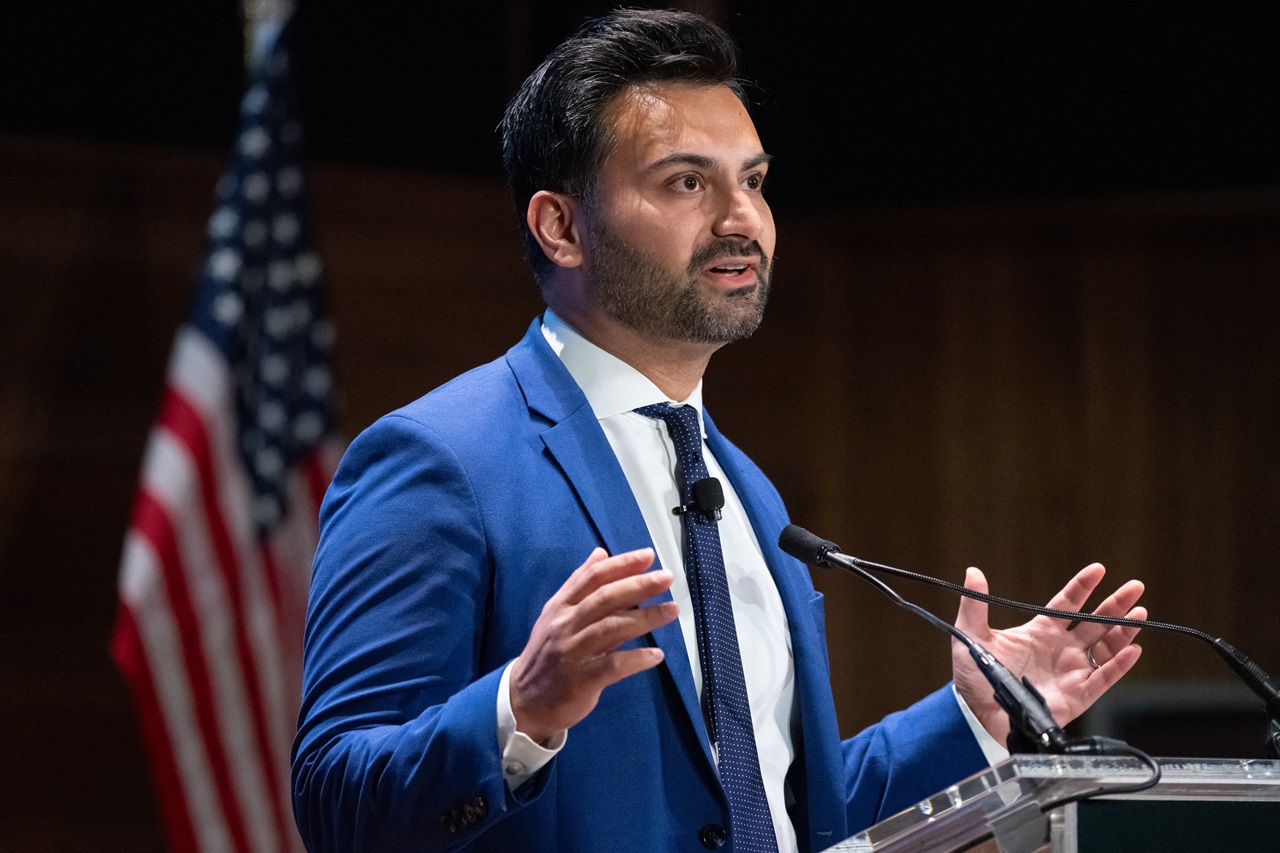
What is Biden's plan to expand U.S. nuclear power capacity before he leaves?
US officials touted newly announced plans Wednesday to triple nuclear energy by 2050 as a bipartisan project that could survive Donald Trump's incoming administration.
The White House unveiled the big push Tuesday for new nuclear energy capacity, making good on a commitment made last year.
The move is likely to be one of the final pieces of ambitious energy transition policy that outgoing President Joe Biden can put in place before he departs early next year.
The reelection of Trump, who has questioned the reality of climate change and pledged to withdraw Washington from the landmark Paris agreement, has rattled the COP29 climate talks.
But US officials at the meeting in Baku have sought to reassure counterparts that Trump will not be able to halt American climate action.
And Biden's climate advisor Ali Zaidi on Wednesday suggested the nuclear plans in particular were an example of that.
"I would remind you that this is an area that has witnessed not only bipartisan support... but also an area where Democratic and Republican administrations have passed the baton, one to the other, to keep progress going," he said.
"These targets are bold, but they are also achievable."
The move comes with growing interest in nuclear energy in the US.
Two American energy companies are preparing to bring nuclear power stations back online, including Three Mile Island -- site of the worst commercial nuclear power accident in US history.
Tech giants including Amazon, Microsoft and Google have also recently signed deals for nuclear power as they seek carbon-free electricity sources.
CONTENIDO RELACIONADO
Nuclear reactors are vastly more expensive to build than solar or wind power facilities.
And given the risk of accidents like the disasters in Fukushima or Chernobyl, nuclear energy can face fierce opposition.
But many nations believe growing nuclear power will be the only way to meet net-zero commitments.
The US delegation at COP19 has been trying to show that Washington's climate action will remain robust.
Zaidi expressed "confidence in the durability" of Biden's climate agenda.
"A big part of that is this momentum built outside of the government, carried by the private sector," he said.
"Not only does climate change not pause over the next four years, I am confident that the Clean Energy Act in the United States and the investment and the jobs will not pause as well."
© Agence France-Presse


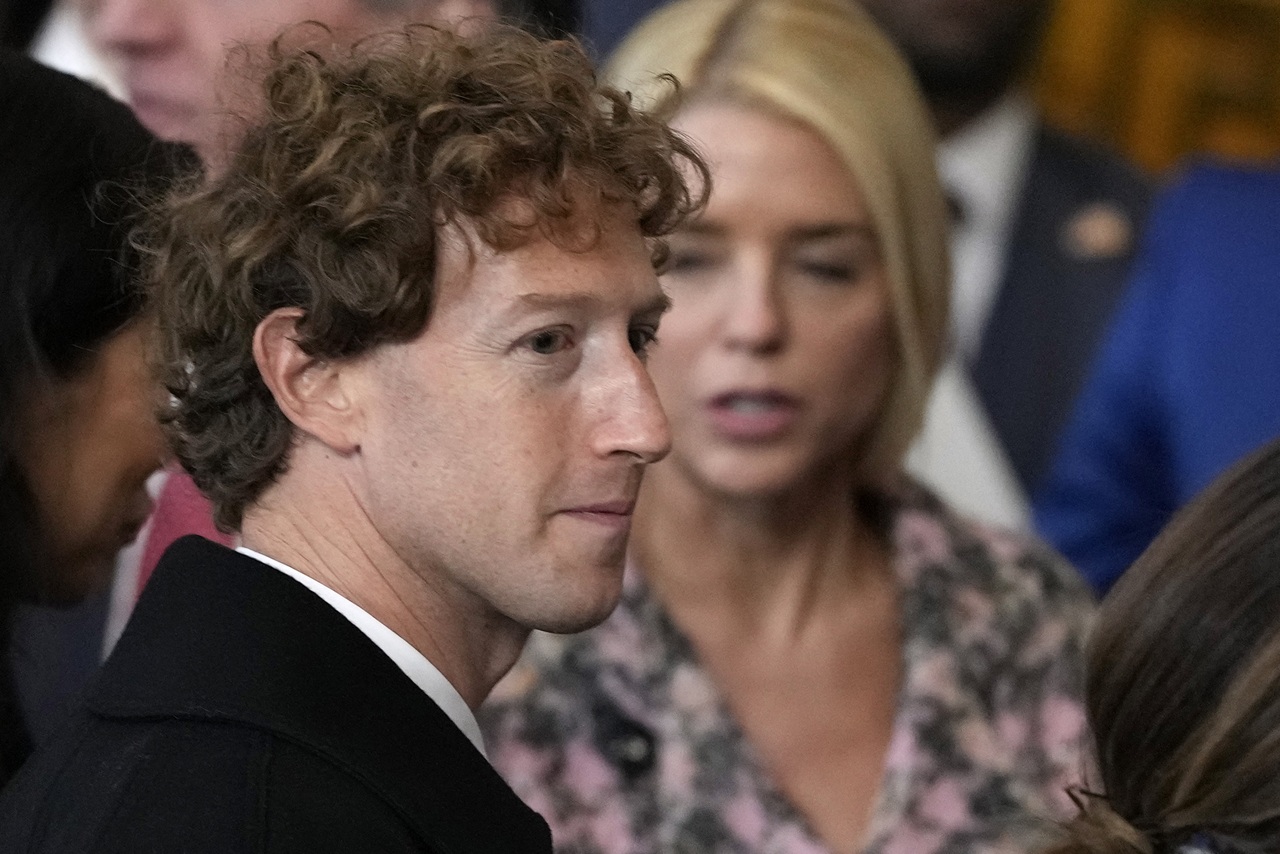

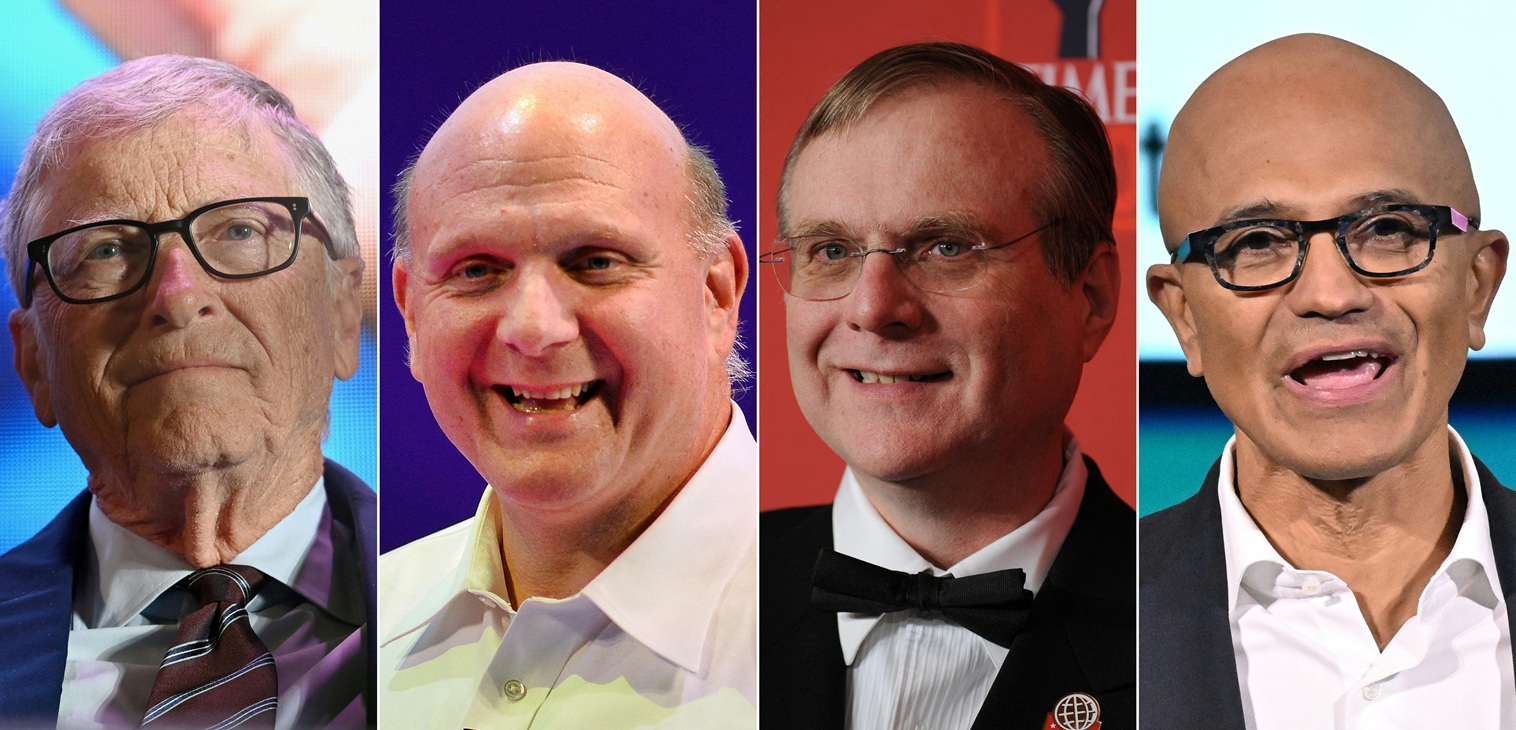

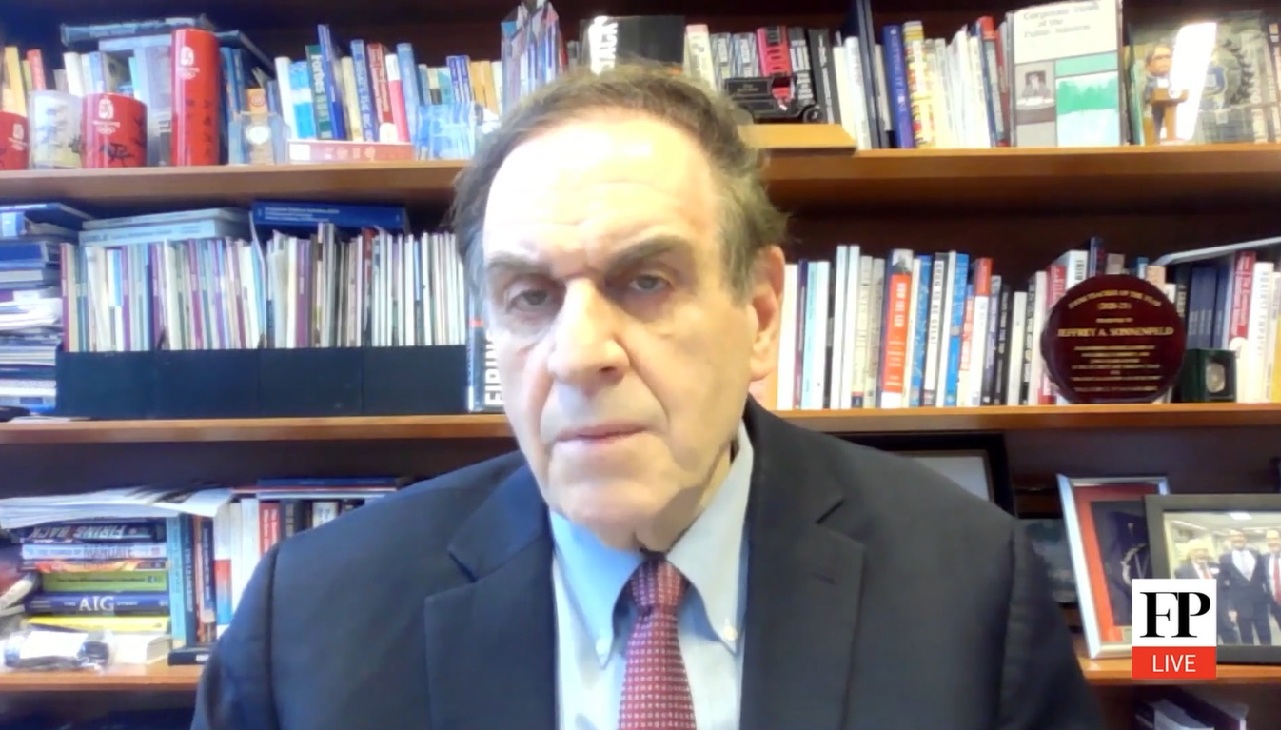
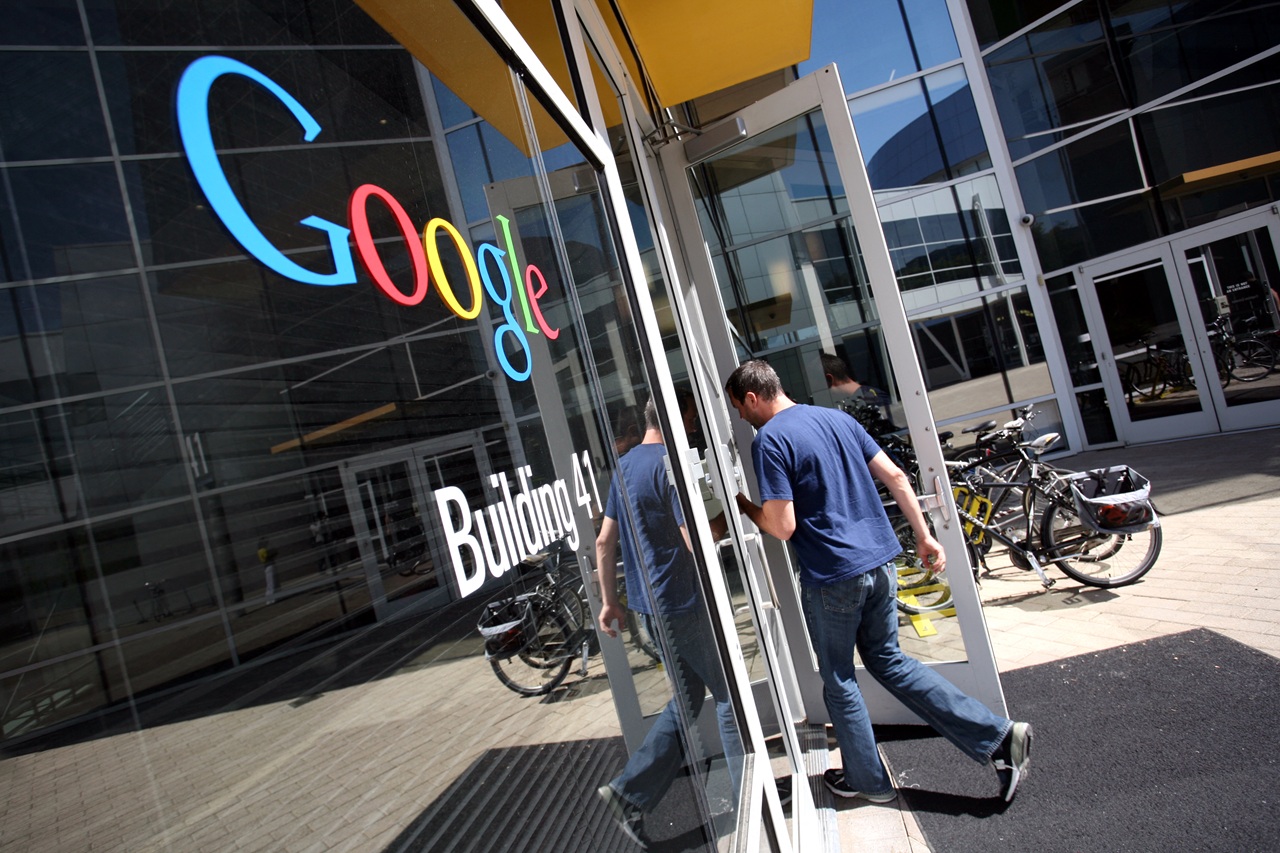
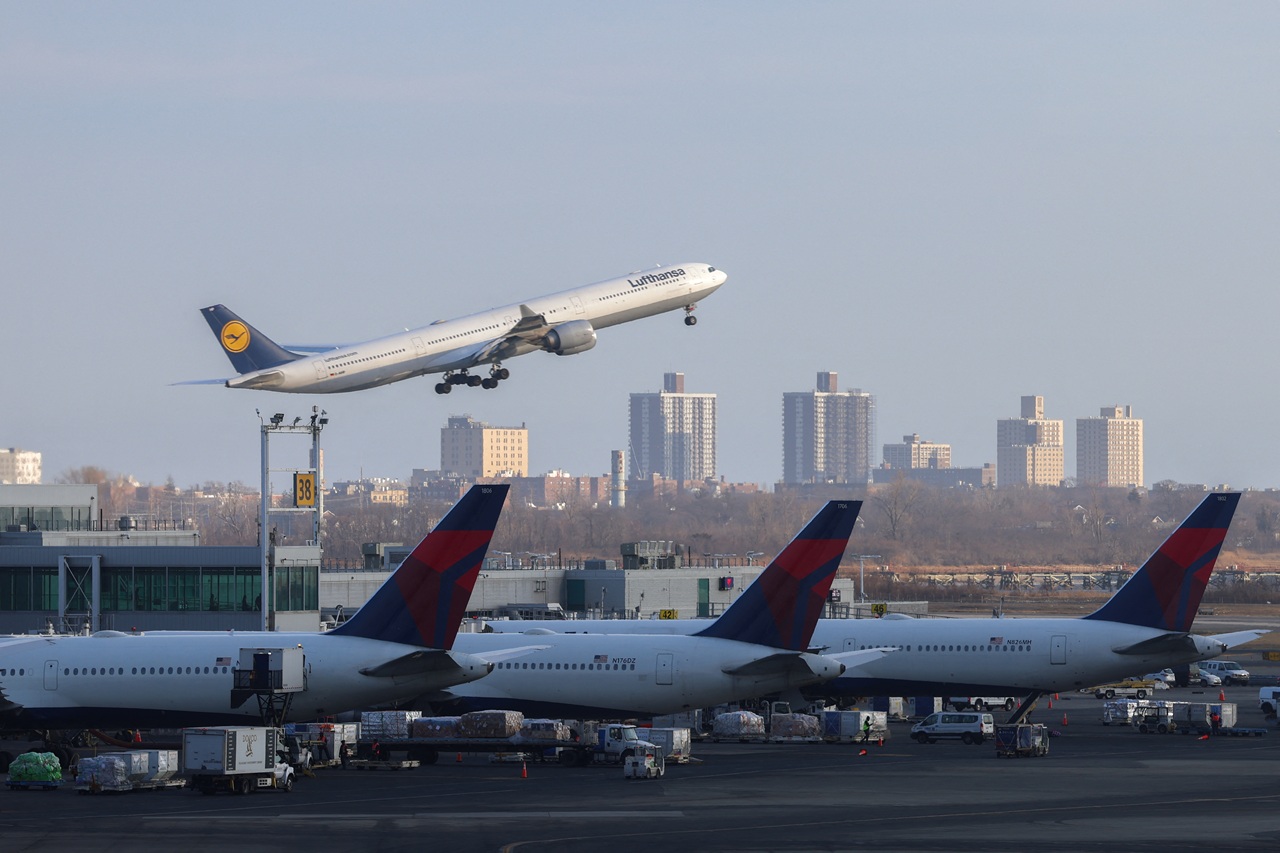

DEJE UN COMENTARIO: